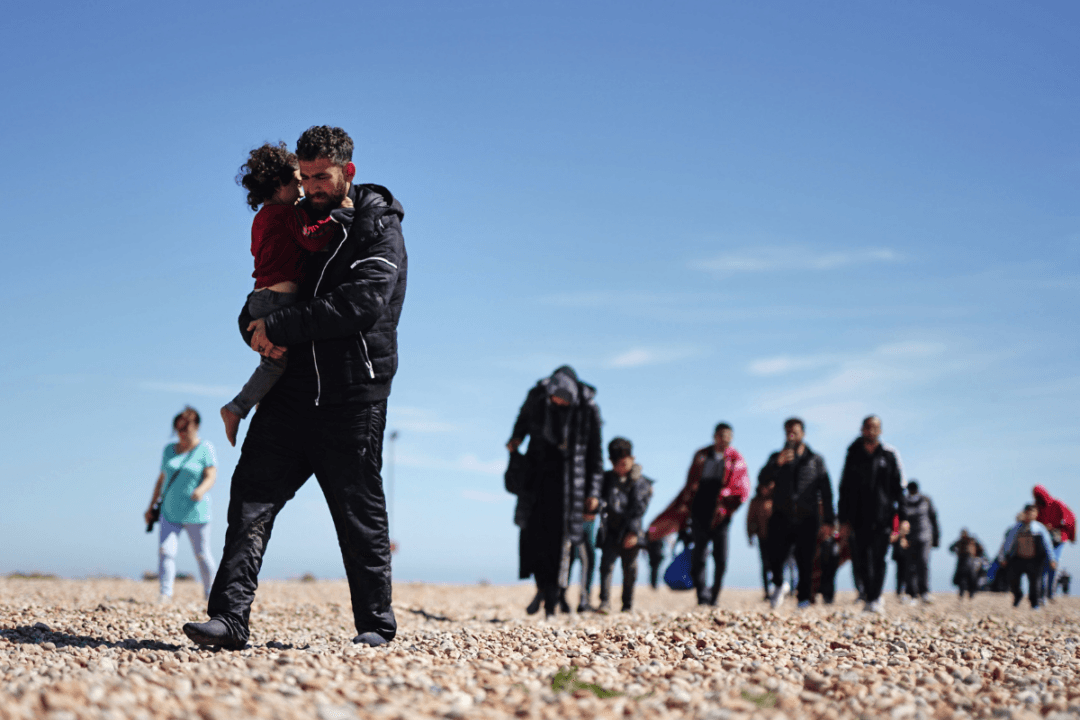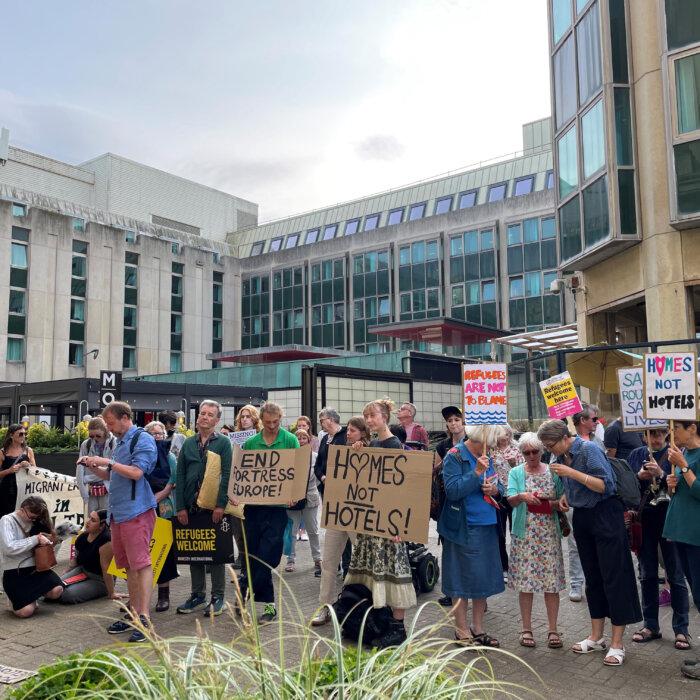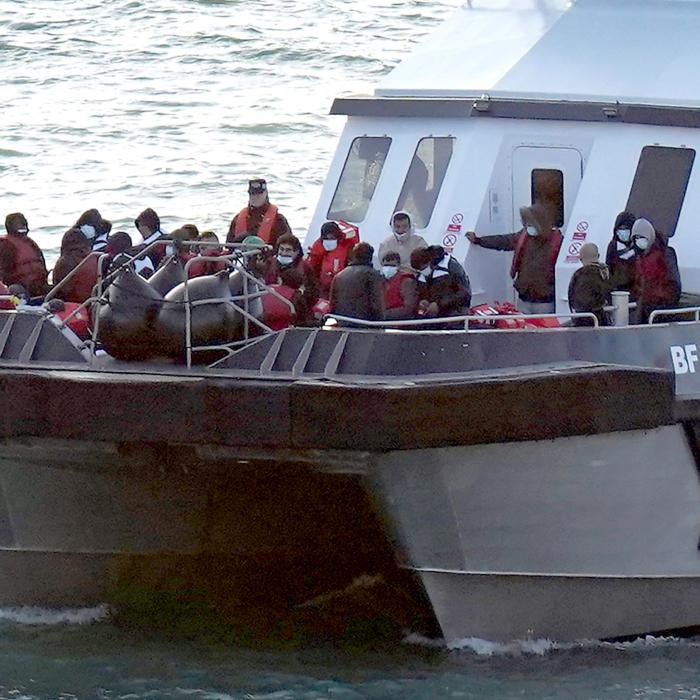The government will make it a “primary focus” to find 90 asylum-seeking children who went missing from Home Office-run hotels, a minister has said.
In an update given by Home Office minister Lord Hanson of Flint, of the 472 children who had gone missing from these hotels, 382 were found as of Sept. 26, meaning that 90 are still unaccounted for.
The minister also confirmed that all seven of the Home Office-run hotels for unaccompanied asylum-seeking children were now closed, with six closing in November 2023 and the final one closing in January 2024.
Calls for an Inquiry
Fellow Labour peer Lord Touhig said that putting children as young as 12 into hotels “without proper care and supervision is an affront to their human rights and a stain on the good name of Britain,” and called for an inquiry.Touhig’s call for a review was supported by Labour’s Baroness Chakrabarti, who said: “While the focus must be on recovering the missing children, it is still a scandal that so many went missing and that previous Ministers did so little to protect them and find them. A short and focused statutory inquiry would compel witnesses and perhaps focus minds.”
Risk of Trafficking
During the debate, Touhig referenced a report from University College London (UCL) and ECPAT UK, which found that children who had gone missing from these hotels were at an “increased risk of trafficking.”Some children had been left in them for several months, the report found, despite the Home Office saying it would only use them for emergency purposes and not for longer than two weeks.
The report also said that one former Home Office hotel worker said he had heard of three child trafficking incidents from these hotels.
New Border Policies
Flint told peers that in the event of unaccompanied minors arriving in the UK, “the first port of call is to provide support via local authorities, which give proper safeguarding opportunities and responsibilities for those individual under-18s.”“My objective overall and that of the Government in having the border control system is to ensure that we help to reduce the number of children coming here, exploited by gangmasters and by others, and that we deal with those who come here in a humane and effective way,” he said.
Since coming to power, the new Labour government has focused its asylum and illegal immigration policies on tackling the criminal gangs that smuggle people to the UK, notably along the English Channel route, and increasing deportations for those with no legal right to be in the country.







